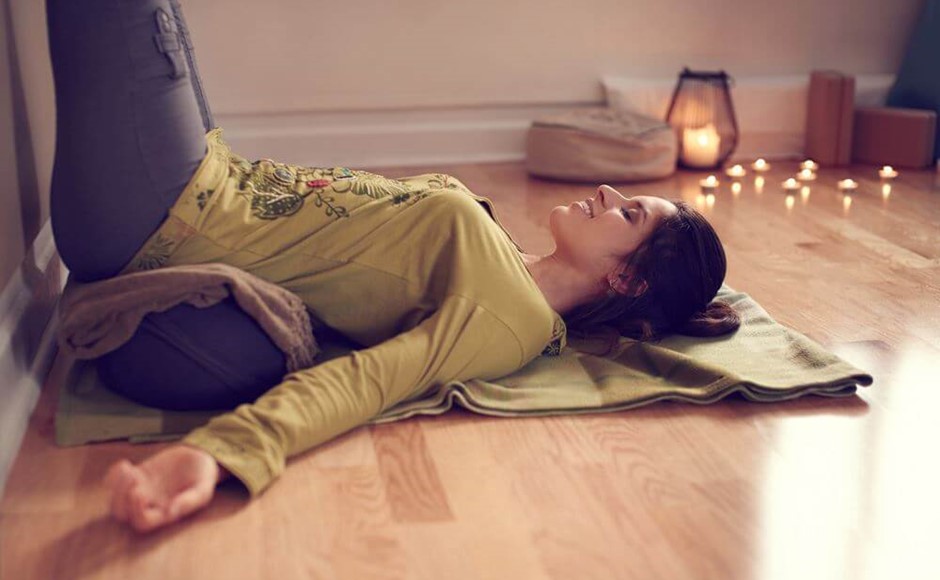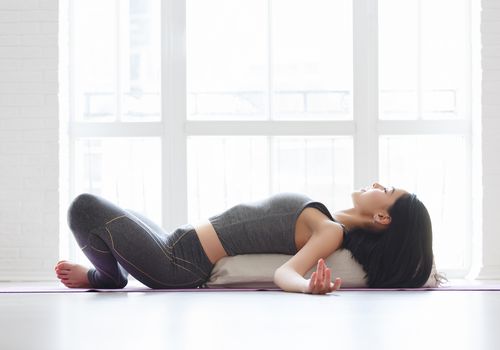Restore
v.
1.) bring back (a previous right, practice, custom, or situation); reinstate.
2.) return (someone or something) to a former condition, place, or position.
"the effort to restore him to office isn't working"
3.) repair or renovate (a building, work of art, vehicle, etc.) so as to return it to its original condition.
"the building has been lovingly restored"<


How do I restore myself?
One of the ways I like to restore, is through a practice called restorative yoga. Restorative yoga is a restful practice that is all about slowing down and opening your body through passive stretching. If you take a restorative class, you may hardly move at all, doing just a few postures over the course of an hour.
Restorative yoga is a completely different experience than most other styles of yoga. It is important to slow down and embrace the power of rest.
The benefits of restorative yoga are similar to the many benefits of other styles of yoga, including:
•Increased relaxation: Deep breathing calms the nervous system to promote relaxation, and research supports a restorative yoga practice as an effective way to relax. A 2014 study suggests that restorative yoga is more effective at inducing relaxation than just regular passive stretching.
•Better sleep: The more relaxed you are, the better your chances are of getting a good night's rest. A 2020 meta-analysis looked at 19 different studies on how different types of yoga — including restorative yoga — can impact sleep quality. Researchers determined that yoga is an effective intervention for managing sleep problems by increasing melatonin and reducing hyperarousal.
•Improved well-being: Yoga practices, in general, are commonly associated with improved physical and mental well-being in the general population.
•Better mood: Research shows that yoga can help those with stress, anxiety, depression, and other mood disorders manage their symptoms.
•Reduced pain: Studies show that different styles of yoga including restorative yoga are helpful interventions for the management of musculoskeletal pain.
•Gentle on the body: Restorative yoga practices are gentle on the joints, and consistent practice can strengthen the connective tissues that surround the bones and joints.
•Legs up the wall or Viparita Karani is one of my favorite go-to poses
Additionally, clinical research into restorative yoga has found that the practice can be a good resource for those with health challenges, noting improvements to psychological well-being. Research shows that restorative yoga can decrease depression, improve symptoms of anxiety, improve pain symptoms, and help patients manage the toxicity of a stressful life.
